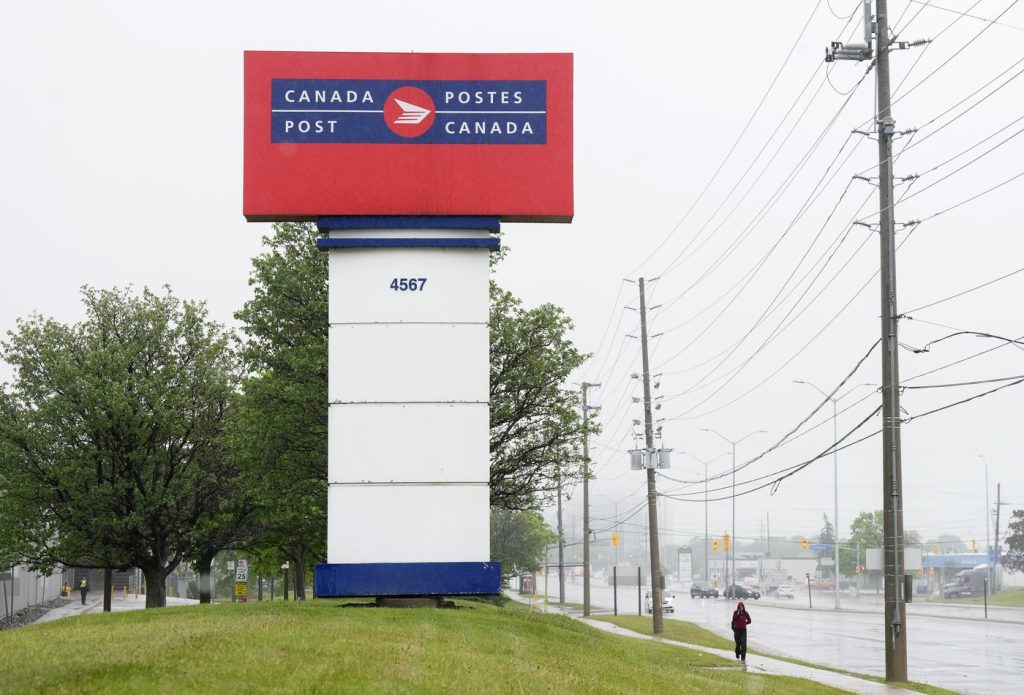Canada Post is scheduled to engage in negotiations with representatives from the Canadian Union of Postal Workers (CUPW) on Sunday, amid rising concerns regarding potential mail delivery disruptions. These concerns are linked to a national ban on overtime work instituted by postal workers. This meeting marks the first of the weekend discussions aimed at resolving ongoing conflicts surrounding collective bargaining agreements.
A mediator will facilitate these negotiations, as the parties have been at an impasse for several months, working to establish a new contract. Recently, on Wednesday, Canada Post presented its latest proposals to the union, which included an increase in wages and plans to implement a workforce made up of part-time employees.
As of now, CUPW has not provided a formal response to Canada Post’s proposals. However, they previously requested a two-week pause or “truce” to evaluate the latest offer, which Canada Post declined. The previous agreement between the two organizations expired on Thursday, prompting CUPW to issue a 72-hour strike notice earlier in the week that could have resulted in workers striking as early as Friday morning. Instead, the union opted to implement a nationwide ban on overtime work while deliberating the latest offer from their employer.
In a bulletin circulated to members last week, CUPW expressed that Canada Post’s offers “fall short” concerning wages and other critical matters still unresolved in negotiations. In response, Canada Post defended its latest proposals, stating that they align with the current financial circumstances affecting the postal service.
Earlier this month, an Industrial Inquiry Commission, established by the federal government, indicated that Canada Post was essentially “bankrupt.” The commission's report recommended significant structural changes, including phasing out daily door-to-door mail delivery and introducing a “dynamic routing” system. This new system would allow for adjustments to mail carriers' routes on a daily basis, potentially altering the way mail is delivered across Canada.
As negotiations continue, the implications for mail delivery services remain uncertain, with both the union and Canada Post under pressure to reach an agreement that addresses the concerns of postal workers while also considering the service's financial realities. Failure to resolve these disputes could lead to intensified labor actions, affecting not only the workers involved but also the countless Canadians who rely on postal services for everyday communication and deliveries.
This situation is crucial not just for the employees at Canada Post, but also for the broader public, who may face delays and restrictions in their mail services as discussions progress. Both parties will need to approach the negotiations with a willingness to compromise to prevent further disruptions in service during this critical time.











